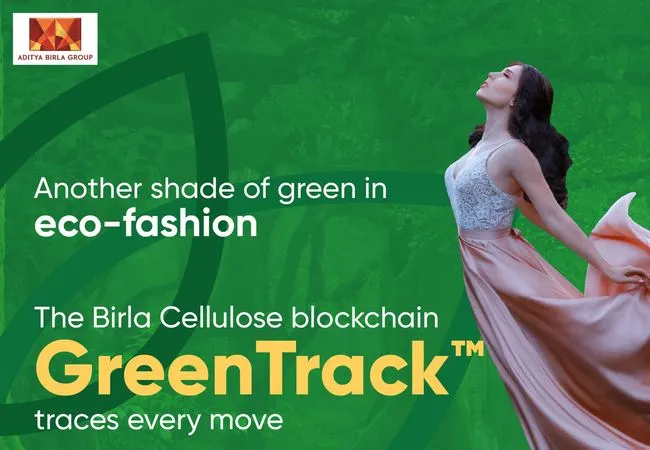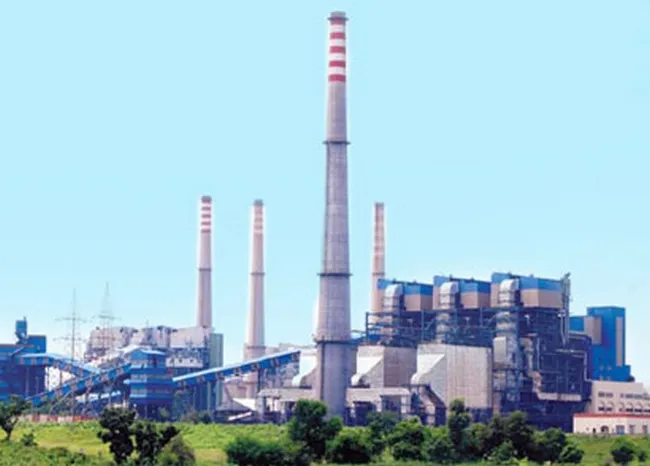Building greener supply chains through blockchain
- Copy
Blockchain is widely known as the technology behind cryptocurrencies. However, blockchain's features like security and traceability have equally contributed towards making the manufacturing industry more transparent and sustainable in its operations. With innumerable possibilities at hand, Aditya Birla Group is exploring blockchain's potential across its businesses to make a positive difference to the consumer and the environment.
Sustainability is a stated priority for Aditya Birla Group, and Grasim and Hindalco have taken the lead in using blockchain to build greener supply chains.
In modern industries, products or waste materials pass through several stages before they either reach consumers or are safely disposed of. At any stage, there could be visibility gaps leading to mishandling, theft, counterfeiting, loss of goods, or other challenges. Blockchain enables companies to track every stage without loss of visibility. Companies can also choose to make this information available to partners, consumers, etc. to enhance transparency and mutual trust.
It is not coincidental that the first public cases of blockchain usage within the Group have environmental wellbeing at their core.

Grasim's award-winning 'traceable' fibre, Livaeco
The rise of fast fashion is often blamed for contributing to environmental degradation
To mitigate these challenges, Birla Cellulose, the pulp and fibre business of Grasim, has developed a unique blockchain-based platform, GreenTrack™, to track the complete journey of its manmade Livaeco fabric. The fabric has an embedded 'molecular tracer', which records its origins from the tree pulp fibre stage and tracks it all the way to the finished garment purchased by consumers.
At each stage, Birla Cellulose and its supply chain partners can track the material and ensure that it conforms to the highest environmental standards. Consumers, too, can scan a mobile QR code to see this journey and make an informed buying decision.
The use of blockchain enabled Birla Cellulose to win the 2021 National Innovative and Sustainable Supply Chain Awards given by UN Global Compact Network India.
Embedding blockchain has endowed Livaeco – which has among the world's lowest water and greenhouse gas footprint in its segment – with the additional advantage of traceability.

Source: hindalco.com
Hindalco's blockchain-powered waste management system at Hirakud
Hindalco, the metals flagship of Aditya Birla Group, has set itself a goal of sending zero waste to landfill by 2050. The company already recycles 86% of its waste.
At Hindalco's aluminium plant at Hirakud in Sambalpur, Odisha, a blockchain sustainability system is being used to track waste from generation to end-of-life phase. In basic terms, the system enables Hindalco to authenticate the certification of its waste processing vendors. This ensures that conforming to Hindalco's promise of sustainable and responsible growth, the waste is processed and does not get disposed of in the value chain.
Hindalco is now using blockchain to push for safer disposal of the waste generated during its manufacturing processes.
Blockchain, a next-generation technology, has become an important part of greener supply chains. With its vision of planet-friendly growth, Aditya Birla Group is taking the lead in exploring the applications of blockchain, and other new technologies, for building a more sustainable world.
Mr. Sandeep Gurumurthi
Group Head, Communication & Brand
Aditya Birla Management Corporation Pvt. Ltd.
Call: +91-22-6652-5000 / 2499-5000
Fax: +91-22-6652-5741 / 42

















